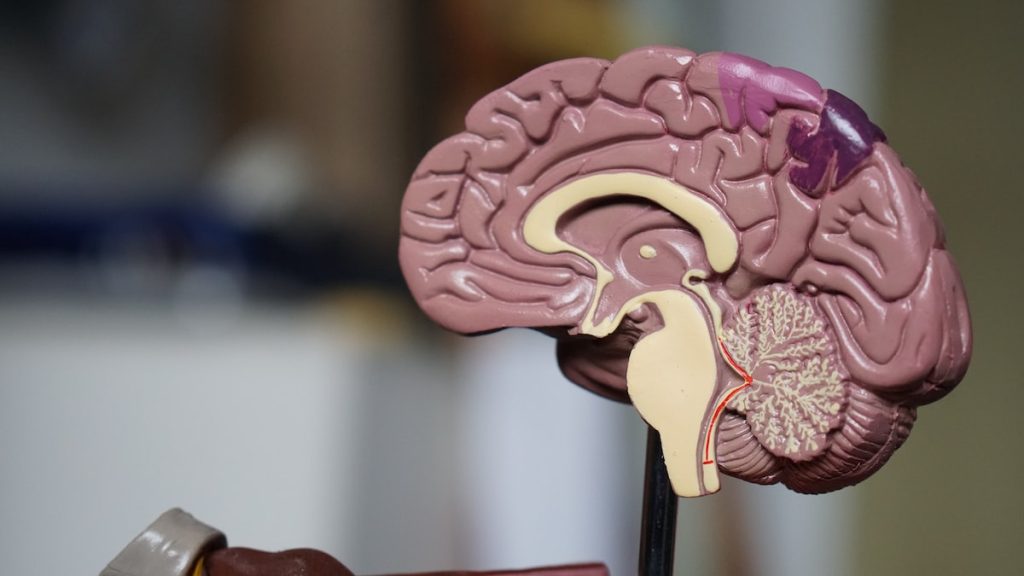
With so much Alzheimer’s information readily available online, it can sometimes be difficult to discern fact from exaggeration. In this article, we will dispel some of the most common myths about this disease. Keep reading to learn more about Alzheimer’s and what you can do to help manage it.
Fact: Alzheimer’s disease is a neurodegenerative disorder.
According to Alzinfo.org —an online resource for information and support related to Alzheimer’s disease and other dementias—Alzheimer’s is a neurodegenerative disorder that progressively impairs cognitive function. The disease is characterized by the presence of abnormal protein deposits, called plaques and tangles, in the brain. It is the most common form of dementia, affecting an estimated 5.4 million people in the United States.
Alzinfo.org is a great resource for accurate, up-to-date information on the latest research, treatments, and living with dementia. Alzinfo.org also offers a wide range of resources for caregivers, including articles, videos, and discussion forums.
Myth: Alzheimer’s disease only affects older adults.
One of the biggest misconceptions about Alzheimer’s is that it only affects the elderly population. In reality, this debilitating disease can and does affect people in other age groups.
Signs of Alzheimer’s can occur in people as young as their 30s or 40s. And while the majority of cases do occur in those over the age of 65, there are an estimated 200,000 Americans who have been diagnosed with early onset of the disease.
Fact: It’s important to recognize the signs of Alzheimer’s.
Alzheimer’s disease is characterized by a progressive decline in cognitive function. This may include difficulty with memory recall, problem-solving, and language skills. As the disease progresses, individuals may also experience changes in mood and behavior, including becoming increasingly withdrawn and apathetic or exhibiting signs of paranoia or aggression.
Signs of Alzheimer’s may differ from person to person. The disease typically progresses gradually, so changes in cognitive function may be subtle in the early stages. As the disease progresses, individuals may become more reliant on others for assistance with basic activities of daily life.
Myth: Alzheimer’s disease is caused by a lack of exercise or mental stimulation.

There are many misconceptions about this disease, one of which is that it is caused by a lack of exercise or intellectual stimulation. There is no evidence to suggest that a lack of exercise and mental stimulation are causes of Alzheimer’s. That said, many experts believe that exercise and mental stimulation are beneficial for brain health and may help to prevent cognitive decline.
Many different factors can contribute to Alzheimer’s, including genetics and lifestyle choices. However, the exact cause of the disease is still not fully understood.
Fact: There is no cure, but treatments are available.
There is currently no cure for Alzheimer’s disease. However, there are treatments available that can help to improve the quality of life for those affected by the disease. These treatments include medications to help reduce symptoms, as well as strategies to help manage the daily activities of those who are affected.
Alzheimer’s research is ongoing and the current results are promising. Recent advances in technology have allowed researchers to study the brain in greater detail, and this is helping to shed new light on the causes and progression of the disease. There are also many new clinical trials underway, testing potential new treatments for the disease.
Myth: Developing dementia is a natural part of aging.
One misconception is that Alzheimer’s and other forms of dementia are a natural part of aging and that everyone will eventually develop the condition. Another misconception is that people diagnosed with this disease can no longer lead productive lives.
Alzheimer’s disease is not a normal part of aging, and not everyone who develops symptoms will go on to develop dementia. In fact, only about half of people who have symptoms will progress to full-blown dementia. People with Alzheimer’s can still live relatively productive lives—many continue to work even after they are diagnosed.
Overall, there are many misconceptions about Alzheimer’s, and it is important to familiarize yourself with the facts to better understand the disease and how to care for someone who has it.




